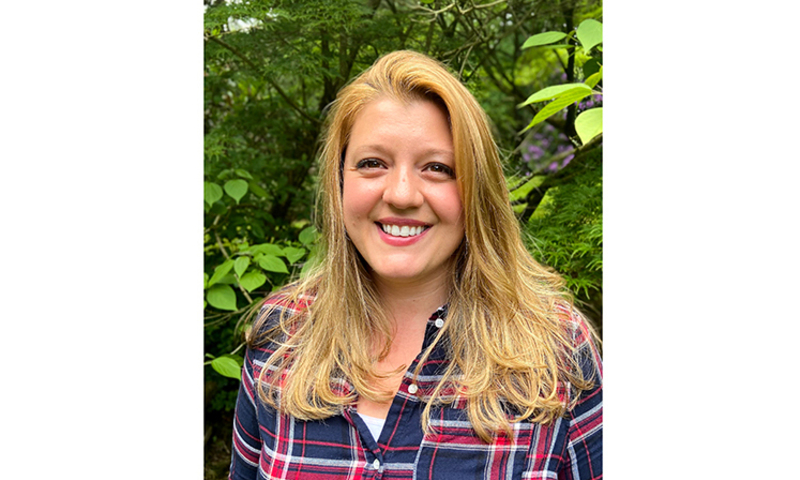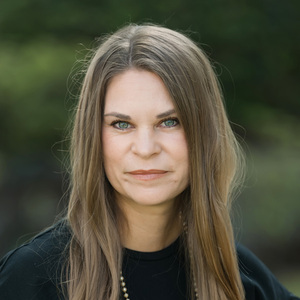When the Covid-19 vaccine race kicked into gear, alumna Michelle Howe (‘08) joined the cause as a study nurse assisting in the Pfizer-BioNTech Covid-19 vaccine study.
Throughout the pandemic and her career, Howe has been struck by the significant roles preventative care and community play in healthcare. Volunteering in the remote community where she lives — a tiny island off the coast of Washington that’s gained national attention for its response to Covid-19 — has driven that home for her. After graduating from Biola and spending a few intense years working as an emergency department nurse, Howe joined a research group, eventually ran a research clinic, then worked in healthcare startups specializing in relationship-based primary care prior to launching her own health care startup, Format Health, in 2016. Last year, the research group she previously worked for asked if she’d be willing to come back and help.
How did it feel to join the research team for the Pfizer vaccine trial?
It was really satisfying to be able to contribute as part of this study. I had a little bit of frontline guilt having so many friends that were working in the ER and, here, I have ER experience and they were short so many people. I was still able to invest the skills that I’ve learned and use nursing in this really unique time in world history.
What was unique about this study in comparison to others you’ve been part of?
It was really inspiring. A lot of the participants were ICU nurses and docs. And so it was fantastic just having this really motivated, brave group of people, ready to test out this new type of vaccine. I don’t think that it’s common where a research team is actually studying the very thing that they may potentially receive. When the FDA issued the Emergency Use Authorization in December, we all received the vaccine as some of the first folks outside the trial — it was a remarkable experience to be a part of.
Can you share about your experience living in a rural community during the pandemic?
We moved from downtown Seattle to Vashon Island at the beginning of the pandemic. There are about 10,000 residents here, and there’s no urgent care, just a clinic. Vashon’s Covid-19 response — all the screening, testing, education and vaccination — was a volunteer effort. I was able to devote time to all of these areas, and it was a great way to meet my new community.
What did you observe as special about Vashon’s Covid-19 response?
Our cases are really low and a lot of that is because of the comprehensive community effort here, education offered and the amount of personal touches that everyone got in the process. It’s a really wonderful thing to be a part of — doctors and nurses just volunteered, many of them full-time, just to be a part of that effort to protect the community. Our arms are wrapped around folks here in a way that I haven’t seen before. It’s pretty remarkable.
How does your Biola experience resonate with you today?
The importance of community, that’s certainly something that I learned at Biola. I think that the experience here on Vashon just showed how much caring for your neighbor, being a part of a community that really takes you under your arm, that you can get through really difficult things if your community is there alongside you.
 Biola University
Biola University




